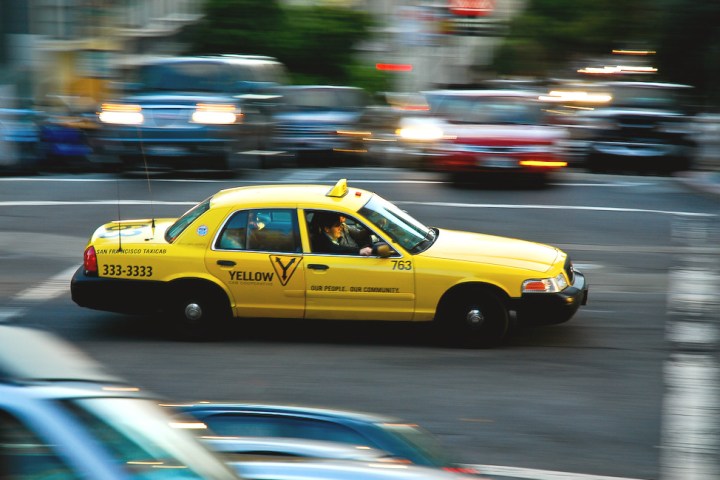
The California outpost of the service has been plagued with issues over the last few years. Since 2006, Yellow Cab has faced numerous costly lawsuits, including one that singlehandedly drained $14.5 million from the company coffers, and a more recent case in which a cab crash left a woman partially paralyzed, costing the taxi service over $8 million. In addition to these large single-ticket items, there are still some 150 outstanding claims, some of which could cost the company around $10 million in settlement fees.
And in the midst of all these legal issues, Yellow Cab has also had to compete with the rise of San Francisco born and bred transportation startups like Lyft and Uber, who seem to have profited at the expense of more traditional cab services. Not only have these companies allegedly poached drivers, but they’ve also taken considerable business away from the service — a phenomenon that has been observed not only in San Francisco, but the rest of the country and the world over as well.
Uber and Lyft have continued to drop their prices, and as their fleet grows, it’s becoming harder and harder for companies like Yellow Taxi to remain competitive. “Apps like Uber appear to be growing the overall transportation pie,” a spokeswoman for Uber told the Wall Street Journal last Thursday. “This is not a zero-sum game; more options are better for riders and drivers alike,” she said.
In the company’s bankruptcy declaration, Pamela Martinez, the co-op’s president, wrote, “the struggles arising from dramatic change of the operating environment and loss of drivers (and thus revenue) caused by competition from ride-sharing services (such as Uber and Lyft), drained Yellow Cab’s remaining equity.”
Yellow Cab represents the single largest taxi operator in San Francisco, with 1,100 drivers and 522 taxi medallion holders (a third of the total number in the city). But just because it’s filing for bankruptcy doesn’t mean it’ll stop offering services. Rather, the company said in a statement, it “intends to continue its operations as before, and is taking steps…to ensure this goal and prevent disruption to YCC’s [Yellow Cab Co-op] passengers, drivers, employees, members,” and others involved.

